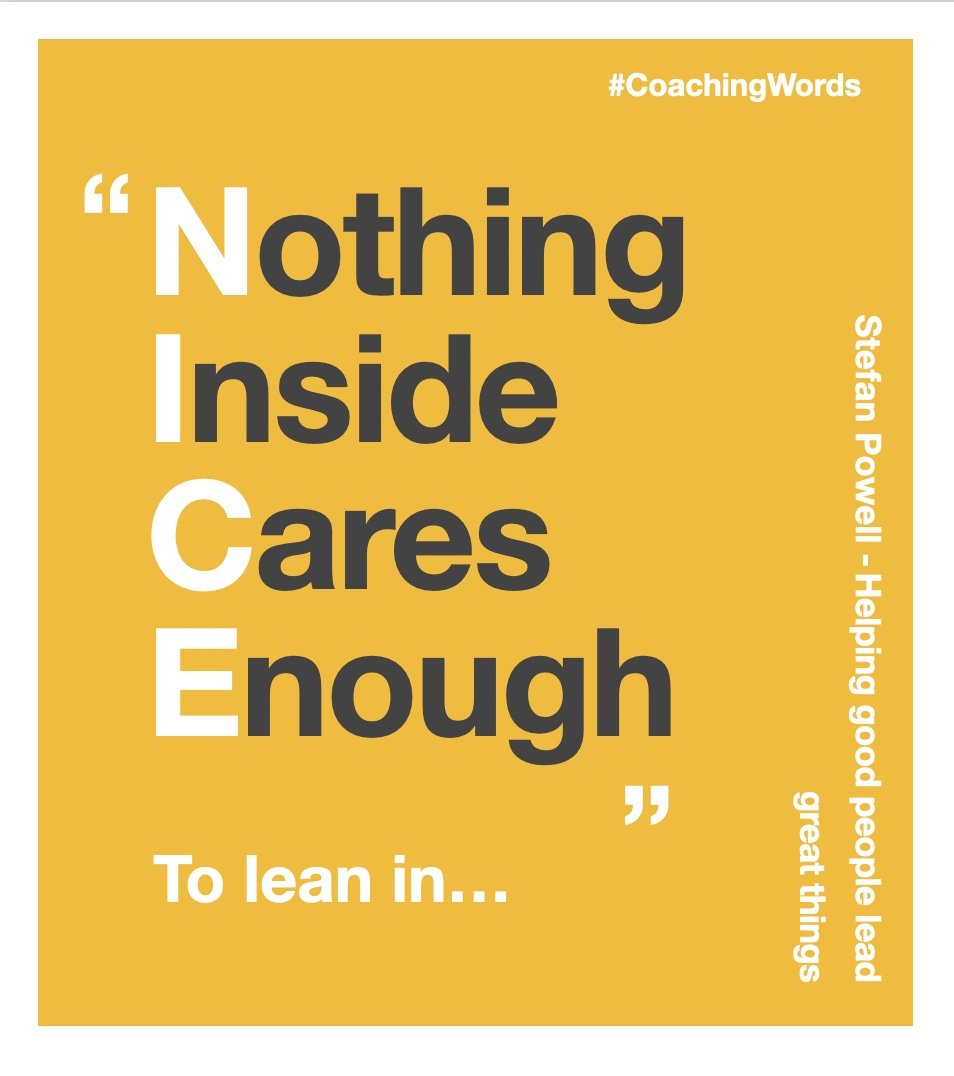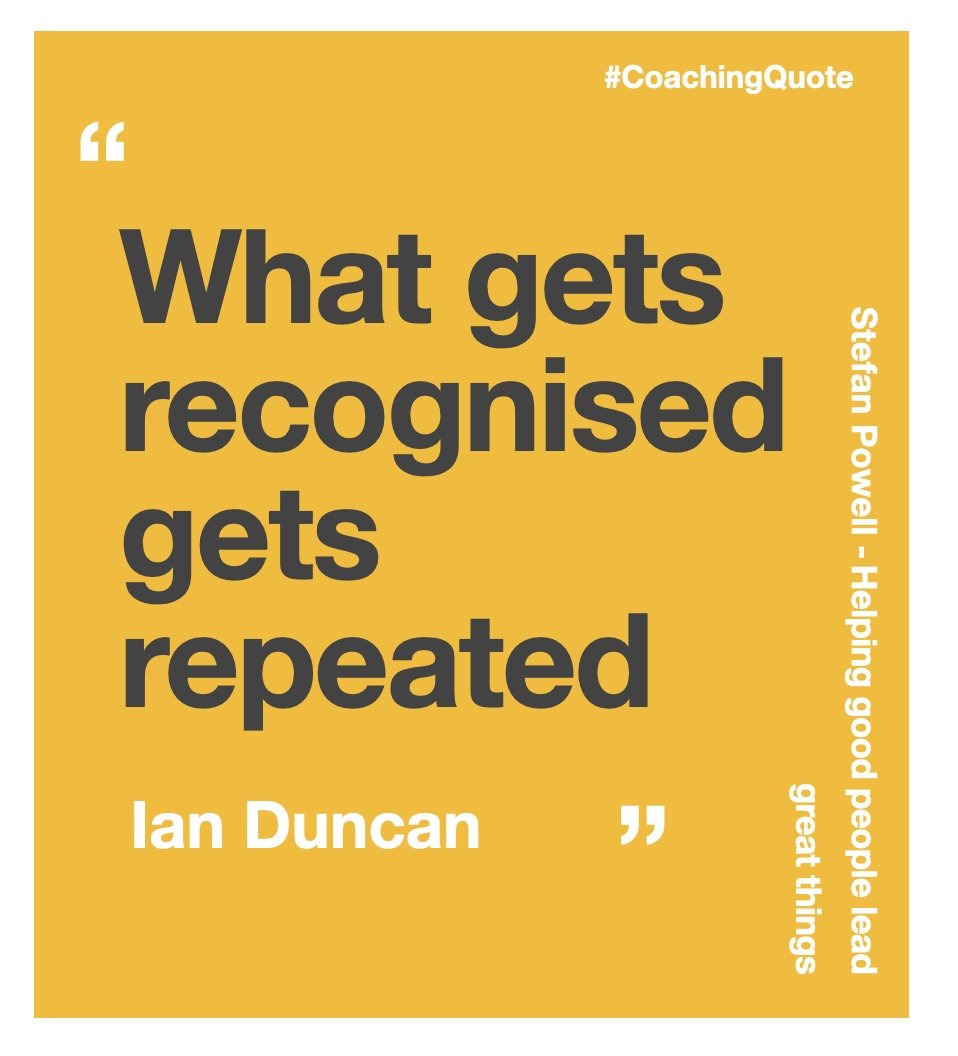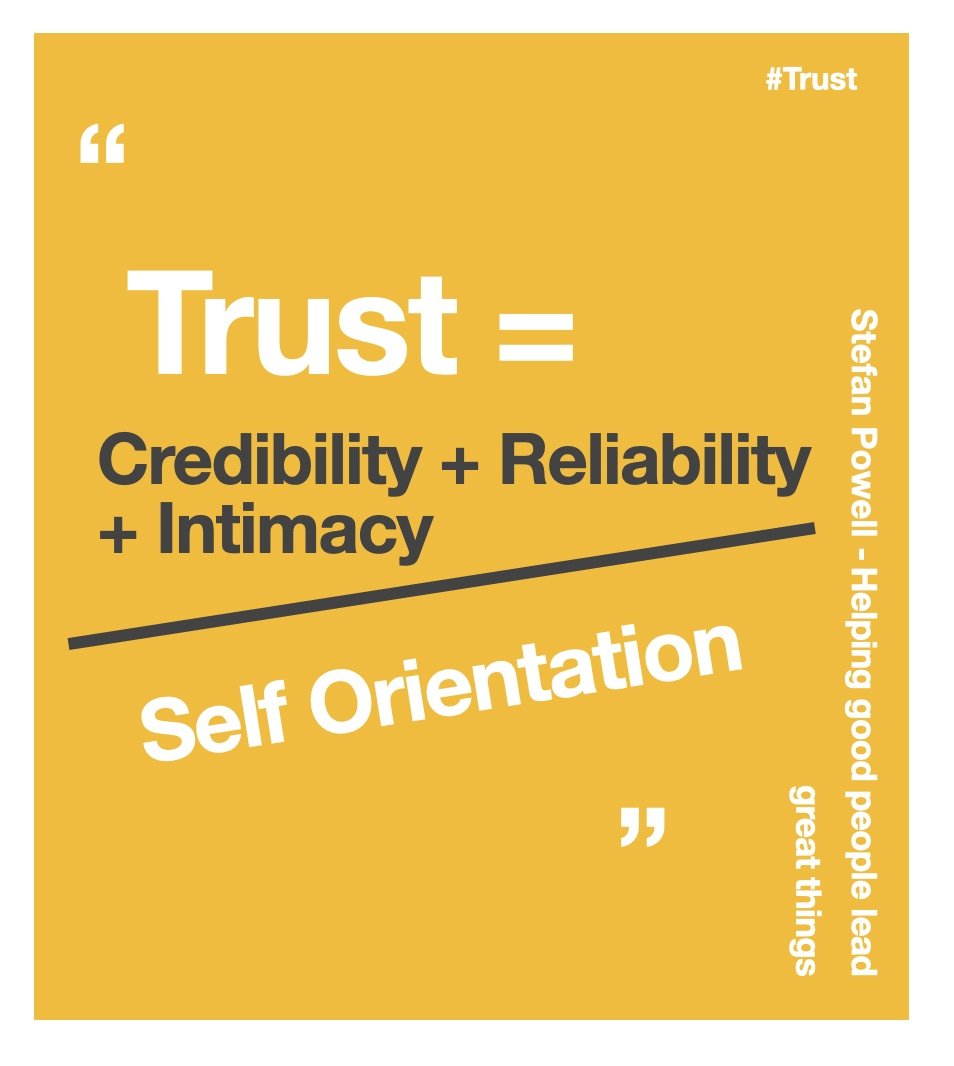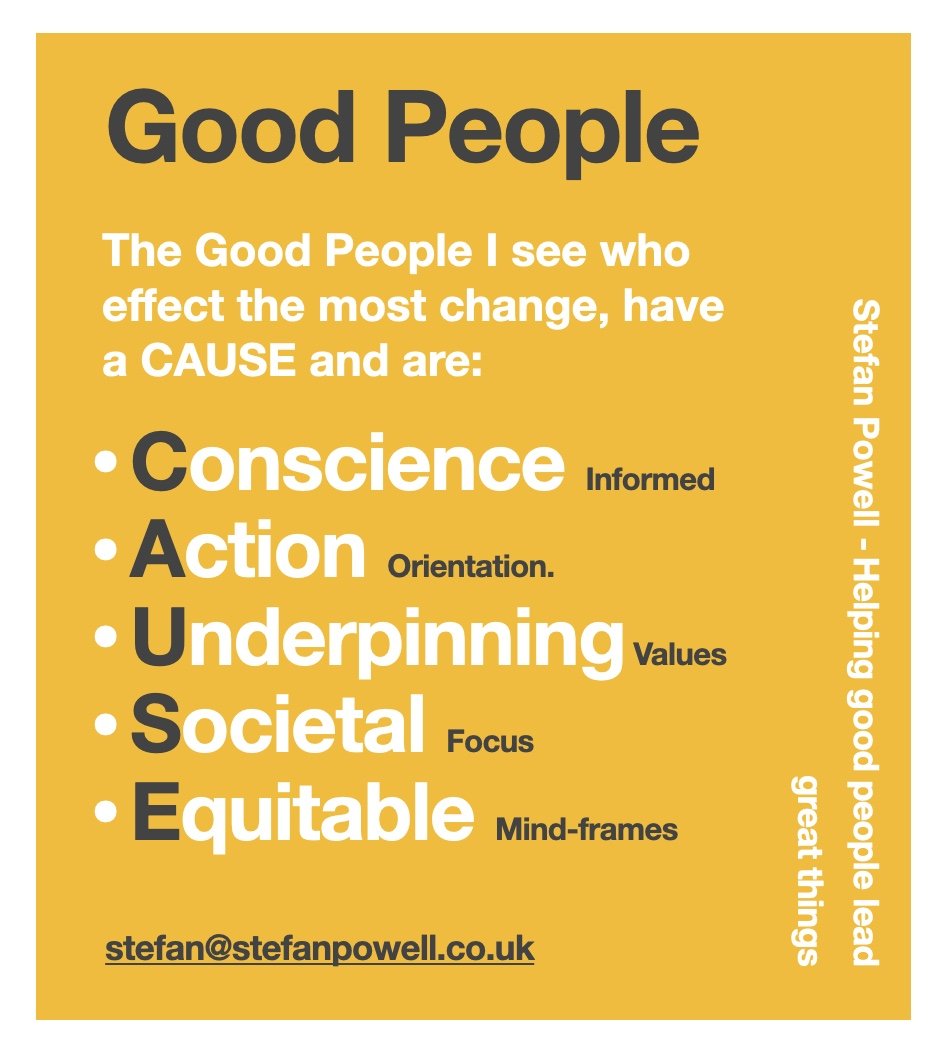Play - Good People Play Games too.
Hello and thank you for reading this.
Today it’s time to write my second post on the topic of ‘Play’.
As you might know, by now, every Thursday I will write something on the rotating topics of my four ‘life pillars; work, rest, play and sustenance.
I’m using these journal posts as a way of exploring and conceptualising what I’ve seen and known to be true, in my work as a coach, leader and business owner for the past 25 years.
After all this time, it feels right to begin to codify and articulate these in ‘compartmentalised’ bite size chunks.
I hope you find it useful.
Today, a twist on the theme of PLAY
Last time I wrote about what the academics and psychologists say PLAY is, the difference between adult and child play - as well as the benefit of play in and outside the workplace.
It’s imperative that we find a way to bring PLAY into our lives to create balance vs. the work we do and to create a liminal space between work, rest and sustenance.
Today; I’d like to mix it up a bit and talk about how play has a significant contribution to make in the workplace, but not necessarily, in the way you might think.
Although this perspective isn’t a perfect fit with how I truly wish my ‘third pillar’ to be interpreted, it feels right after a few weeks of seeing people be ‘played’ by their bosses and stakeholders.
So today, I write on what I will call ‘ANOTHER TYPE OF PLAY”.
Good People and PLAY’ing THE GAME
As you know I help good people lead great things and that means helping them to understand the rules of engagement in their workspace.
Quite simply, games are being played in work, which effect the delivery of great work by good people. Now, I don’t mean ball games, backgammon or chess or hide and seek as I saw building society branch teams do, as pre opening energisers. No, I mean the political games needed to get ahead, which create the opportunity for good people to lead great things and change. I mean the political games which are played every day in our organisations across the land, whether they be public, private, charitable, big or small.
If you don’t find a way to lean into them, use them with positive intent and in a way which is underpinned with a strong moral code - you will lose out to the ‘bad guys’.
This isn’t new…
Now, this has been going on since records began and if we want to deliver positive change in this world, we need to recognise what’s happening and lean into it. Not run away or even worse ‘lean out’ and accept it.
As Einstein said:
“You have to learn the rules of the game. And then you have to play them better than anyone else”.
In my experience, good people are simply too NICE to play games, but if you want to get into a position to deliver great change - you have to ‘get a seat at the table’ of change and you have to be ‘trusted and respected enough’ by the powers that be - to be given a mandate.
So, what am I talking about?
Let’s set the scene.
Charlie has got another promotion. That’s 2 in the past 18 months and you and your colleagues who have been diligently delivering what needs to be done, and much more, are incredulous about what’s happened.
Charlie has delivered half of what you have, and in your mind spends too much time courting the attention of your boss and your stakeholders. For want of another description, you view them as an ‘ass kisser’.
Now in this scenario you have some options:
You stay annoyed, say life’s unfair and that nice people never win.
You decide to ‘lean out’ and replicate what they are doing, in the hope of promotion, whilst feeling dirty about it.
Or:
You decide to ‘lean into it’ and analyse what it is the ‘ass kisser’ does and use that to your advantage, by doing what they do. This must however be done only when its authentic, based in truth, and serves the great purpose and good you are wishing to deliver.
How do we do this?
In the example, Charlie, wants to get on, for purely selfish aims and is not really bothered about the end user. They know that your boss has a big ego and they have worked out that if they a) make their boss feel special b) do what their boss asks, and c) don’t complain - that they have a high likelihood of being given promotion (at least whilst they appear to be useful).
Now over the course of the past year, you have noted that the ‘ass kisser’ gives praise to their boss for the smallest thing and although its cringeworthy, your boss laps it up and Charlie keeps getting all the nice jobs.
Now, before we go any further, the reality is that your boss knows they are an ‘ass kisser’ and has decided to give the promotion in order to keep said ‘ass kisser’ where they want them.
With that in mind, if you are good at what you do and you play the game that your boss wants you to play - but with integrity and a plan - you can get to where you want to. Your boss gets what they need and ‘the cause’ wins because you get autonomy and accountability for delivering the change you seek.
Justified Praise
Taking the example of praise and massaging of the ego, if you want to get on - part of what you can do, is to come up with what I’m gonna call a “becoming a trusted adviser strategy”.
The first step to becoming a trusted adviser in this context, is to start with the justified praise of your boss. The key is to only do it when the praise is valid, ethical and justified by the outcome it delivers; perhaps by one of these three ‘things’.
They had behaved in a way or done something that was genuinely good and ideally of use to you and the delivery of your work e.g. advocating for your project at a board meeting.
They have done something you would like them to repeat e.g. given you ideas on how to get your ideas to land well with peers.
They have invited a view or option of yours and in doing so, they have created a route or a pathway for you to make progress on ‘your project’.
My old boss, Ian Duncan, used to say that “what gets recognised gets repeated”, and he was 100% correct. Giving praise for something useful means it’s highly likely that the person praised will take that action again.
Again, the key is being authentic and justified.
If you pause and think for long enough there is likely to be something that your boss does or has done, that has been of some benefit to you and or the team. At this stage it will be really helpful if you write down examples of when they have and keep an eye out for more going forward.
Now you have a list, it’s time to start to apply this to your trusted adviser strategy which could look something like the 10 steps below.
Trusted Adviser Strategy
The aim of the approach below, is to get greater license to influence with every step. It’s likely that the steps will need to be repeated. On top of this, this approach isn’t a fully linear approach. It is meant to illustrate an approach, rather than to be the approach you work through verbatim.
Step 1 - Genuine Praise
Now what you want to do, is make sure that you praise your boss generously and ensure that they know what they did, how it was valuable and that you would love them to do that again - when the opportunity arises and why.
Now before you go to step 2, find other opportunities to praise them for the same behaviour and ideally other supportive actions they take.
Step 2 - Seek Guidance
Having created license to give praise, it time to move ‘up’ a level and begin to ask questions about how your boss succeeds in the areas they do (even better if it’s in the skills or settings you’d like to improve in). The intent is to build trust in you and for them to open up and begin to share their trade secrets for you to learn from.
Again repeat a few times to cement this.
Step 3 - Seek Understanding
Having sought their guidance its now time to ask why they do things - here you are testing the ego of your boss and their willingness to be gently questioned and justify their actions with rationale.
Sewing the seeds that you are inquisitive, want to know how to be like them means you are laying the foundations for step 4 and further steps along the strategy.
Again repeat a few times to cement this.
Step 4 - Probe Justifications
Having successfully navigated step 3, its now time to begin to increase the level of questioning and really probe for justifications, asking your boss to express why, for example, they have chosen one course of action over another.
This step is about asking your boss to more deeply challenge themselves and why they chose to do things. This lays the foundation, if they react well - to you surfacing your suggestions in step 5.
Praise is useful here and again repeat a few times to cement this.
Step 5 - Surface Your Suggestions
Now, all being well, it’s time to ask for the ok to surface a suggestion for them to critique; ideally the critique will be obvious, small and gives the boss a chance to add value. If not that, make sure it’s a toughie and you would truly welcome their input. The aim in this step is for you to move from being an order taker into someone who is willing and open to taking ‘ideas to market’.
Again repeat a few times to cement this.
Step 6 - Make Recommendations
Having completed step 5, let’s now make some recommendations and suggestions with justification, and a willingness to share. The aim is to be able to mould your recommendations based upon feedback you are given. This time you are wanting to make it clear that you believe in what you have proposed whilst being open to some push back - but not total pushback.
Again repeat a few times to cement this.
Step 7 - Repeat and Build
This step is all about repeating the previous steps and ideally not going back a step; remaining on the step you are on.
Step 8 - Drive For Your Proposal
This step is all about using the previous steps as a platform of trust; creating ‘credits in the emotional bank account’. The aim is to have a platform to make a strong recommendation, with evidence and strong foundations. Your boss might disagree with it or its emphasis but the aim is to be open to robustly discuss the aim of your points and why you feel this really should be taken forward.
Step 9 - Deliver Your Proposal
Having been given the green light to take a proposal forward, it’s important that you ask for feedback, Explore what they liked about your approach and what, if anything, you could have done to make it even more useful; credit here, for their part, is never wasted.
At this stage - deliver again and again and this time move to step 10.
Step 10 - Trusted Advisor
Having delivered success, now could be the moment to ask your boss to reflect upon your repeated success and trust worthiness. Having also deputised for them a number of times you might consider seeking promotion or at the very least the responsibility for some elements of your bosses remit.
If the tasks you take on, are useful to your career progression and development - even better.
A little note…
Now I want to be clear that I’ve laboured these steps to drive home a point - this is a staged process of growing influence, formed from a starting point of genuine praise.
Depending upon how little autonomy and trust is there; you may simply need to deliver, deliver, deliver before you can get near to giving praise - but 98% of those you work for, and of you reading this, will be in a position to draw from this approach what you need.
The key is being deliberate in your actions with a game plan - to PLAY the game to the advantage of the bigger cause.
These steps might take place over the course of 12 - 18 months depending upon the defensiveness and openness of the stakeholder and you may need to repeat steps multiple times before being able to move onto the next step. At some point, on this journey, the aim is to move to step 9 and 10.
A Real Life Example
The most notable example of when this approach has been used for good, was with a coachee whose boss was a bully; finding ways to close down and surpress a very capable high performing member of their leadership team.
The first step in our coaching journey was to acknowledge what was happening, to check the resilience and safety of the coachee and agree that they were ‘up for playing a game’ - to win ‘the bigger game’.
Just under a year after starting to PLAY THE GAME my coachee received a text message from their previously ‘crushing boss’ - praising them for their achievements and winning them licence for a wider remit.
One of my career and coaching highs; it does work - but like anything it will need nuance and iterations.
The Next ‘PLAY’ Blog
If you’d like me to write more on some of the other games people play and how to ‘win’ at them - drop me a message or email to stefan@stefanpowell.co.uk and if enough people like and ask for it, I will write a post.
Summary Questions
I’m looking forward to hearing your thoughts.
For now, I’d like to leave you with these 6 questions.
I’m happy to read them, if you are happy to send them over.
What is the great thing you are trying to lead?
Who is getting on and getting the autonomy and space you wish to have?
What do they do; how do they do it?
What do they look like, sound like and who do they socialise with, within the business?
What can you replicate with a CAUSE MENTALITY (See image) and how can you apply it to a longer term strategy of influence?
What help would you benefit from in order to take your thoughts forward?
Remember the words of Albert Einstein.
“'You have to learn the rules of the game. And then you have to play them better than anyone else”.
In this case, playing them ‘better’ is playing them with good intention and purpose.
Thank you
Stefan
Enjoyed reading this? Consider doing one of these:
Get in touch - If any of this topic resonated with you and you have something you’d like to share with me or if you’d like to discuss working with me on this topic - stefan@stefanpowell.co.uk works really well for me.
Connect with me on linked in and read my long form posts on the rotating topics of Work, Rest. Play, Sustenance and Love every Thursday
Sign up to my newsletter ‘Be The Waves” here - which collates each weeks long form post on a monthly basis and you’ll get to read it later in the month
I’ll continue this in 4 to 5 Thursdays time when I continue the topic of ‘PLAY” in my Thursday Journal.
Book an inquisitive session with me to find out more about what I do and how I do it or run a challenge or thought you have passed me.
For now; thank you
I am…
An executive coach who specialises in helping good people lead great things.
Good people care about others, our planet and beauty. Great things are changes for the betterment of society and all that lives within an around it.
It sounds big and fun - it is.
I'm also an endurance racing cyclist and a go. getter.
You can read more about me and what I do; how I work here






